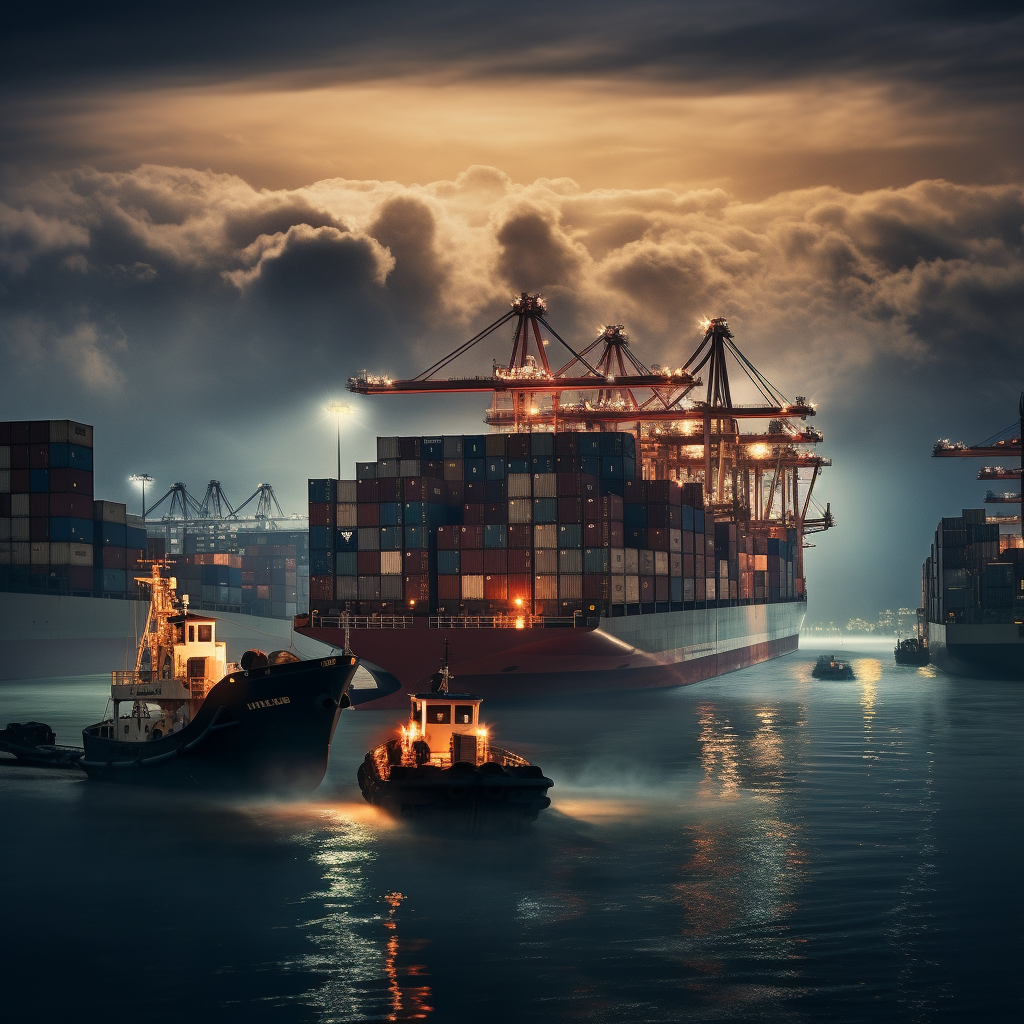November 1, 2023
The Evolution of Eco-Friendly Practices in the Shipping Industry
Book a Demo
Maersk, a global leader in the shipping industry, is venturing into uncharted waters with its first ships powered by green methanol, a move designed to significantly reduce environmental impact. The Laura Maersk, a groundbreaking ship commissioned by the company, is equipped with a dual engine that can operate either on traditional oil or methanol. This innovative technology allows the ship to reduce greenhouse gas emissions equivalent to 8,000 cars daily, marking a significant stride towards greener shipping practices.
The shipping industry as a whole is unmistakably shifting towards greener technologies in an attempt to mitigate its considerable contribution to global warming. Advanced Polymer Coatings (APC), for instance, is witnessing a surge in demand for their high-performance tank linings. This trend is a direct result of the industry’s transition towards more environmentally friendly shipping practices.
The evolution of the shipping industry is driven by several key factors. There is an increased demand for tank containers and a pressing need to reduce the sector’s carbon footprint. These changes align with the standards set forth by the International Maritime Organization. However, without proper interventions, shipping emissions, which currently stand at 1,000 Mt CO2 annually, could potentially increase by 50% by mid-century.
A promising opportunity for decarbonization in the shipping sector is the utilization of E-fuels such as hydrogen and e-ammonia. These alternatives offer a greener substitute to traditional fuels, but their adoption is still in its infancy. The International Maritime Organization has yet to implement measures that would align the industry with the goals of the Paris Agreement.
The environmental impact of the shipping sector extends beyond cargo ships. Cruise ships, despite making up a small portion of the global fleet, pose a significant environmental threat due to their high fuel consumption and proximity to coastal populations. The technology required to mitigate this impact is available but is currently underutilized.
The shipping industry’s move towards green technologies and practices is not just a step in the right direction, but a necessity. With companies like Maersk leading the way, the sector is poised to significantly reduce its carbon footprint and contribute to global efforts to combat climate change.



